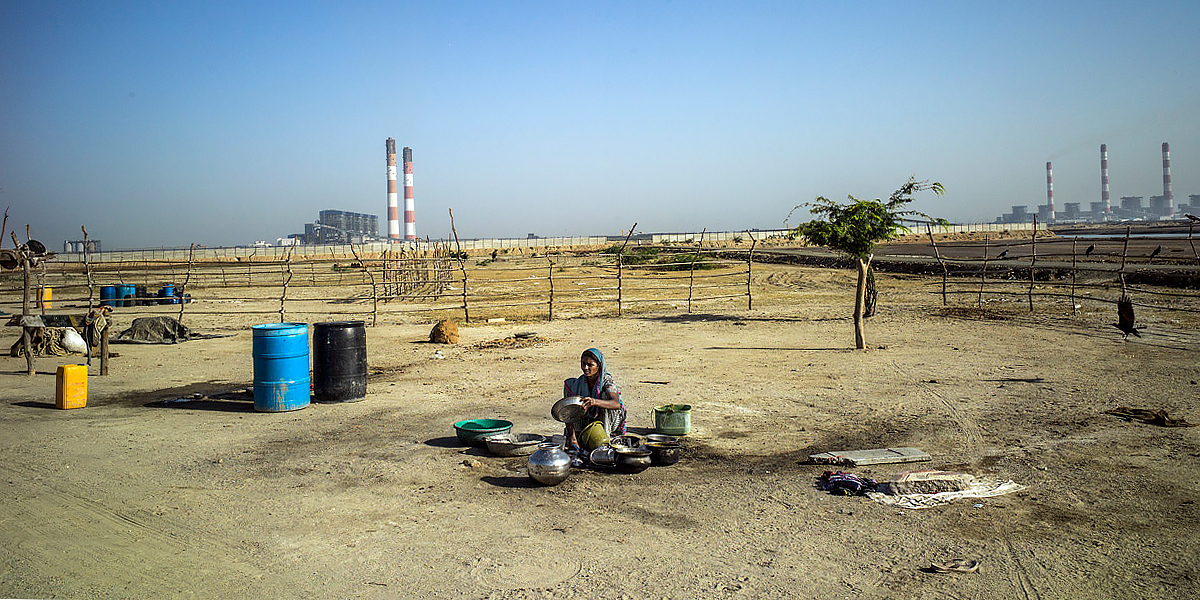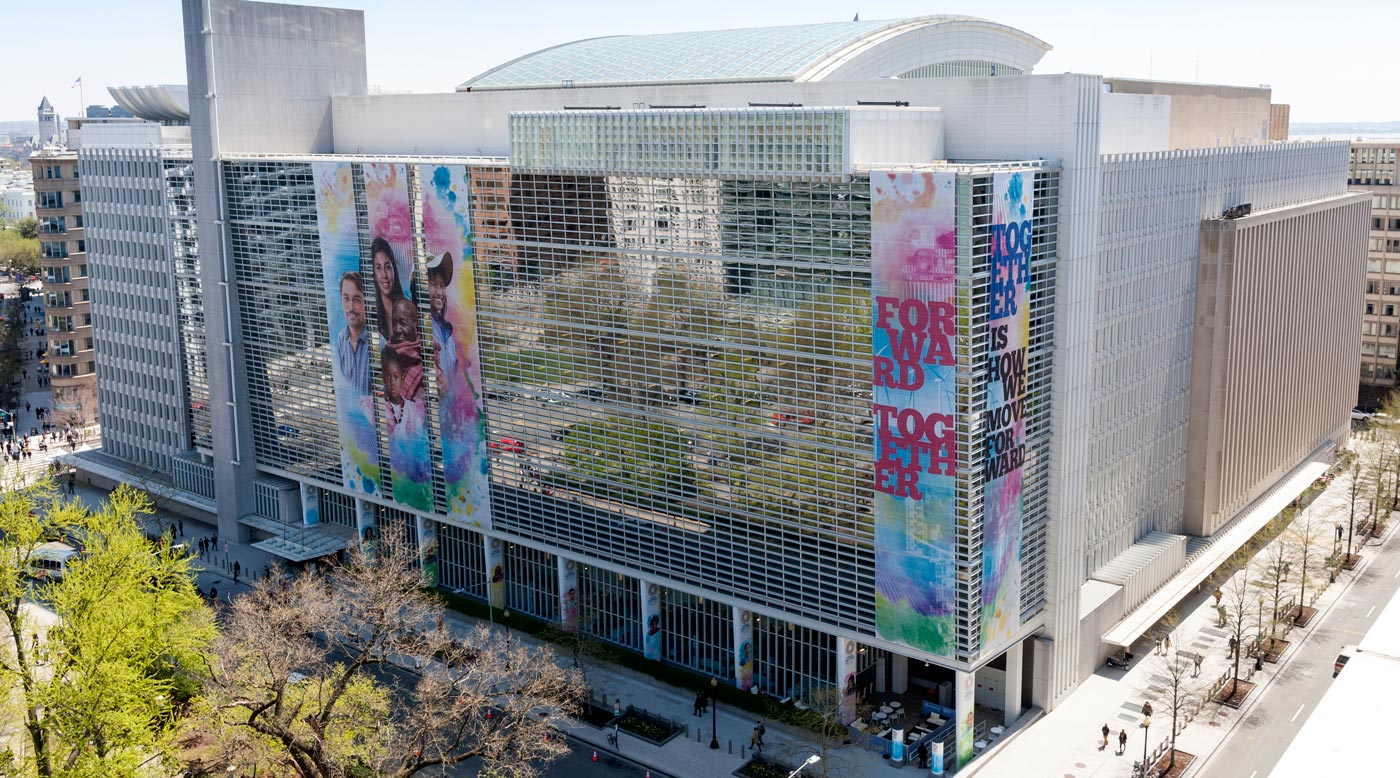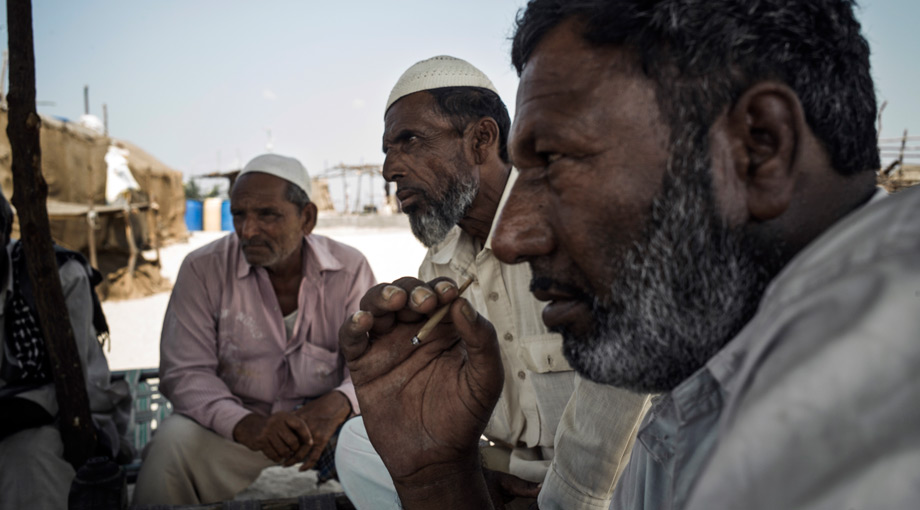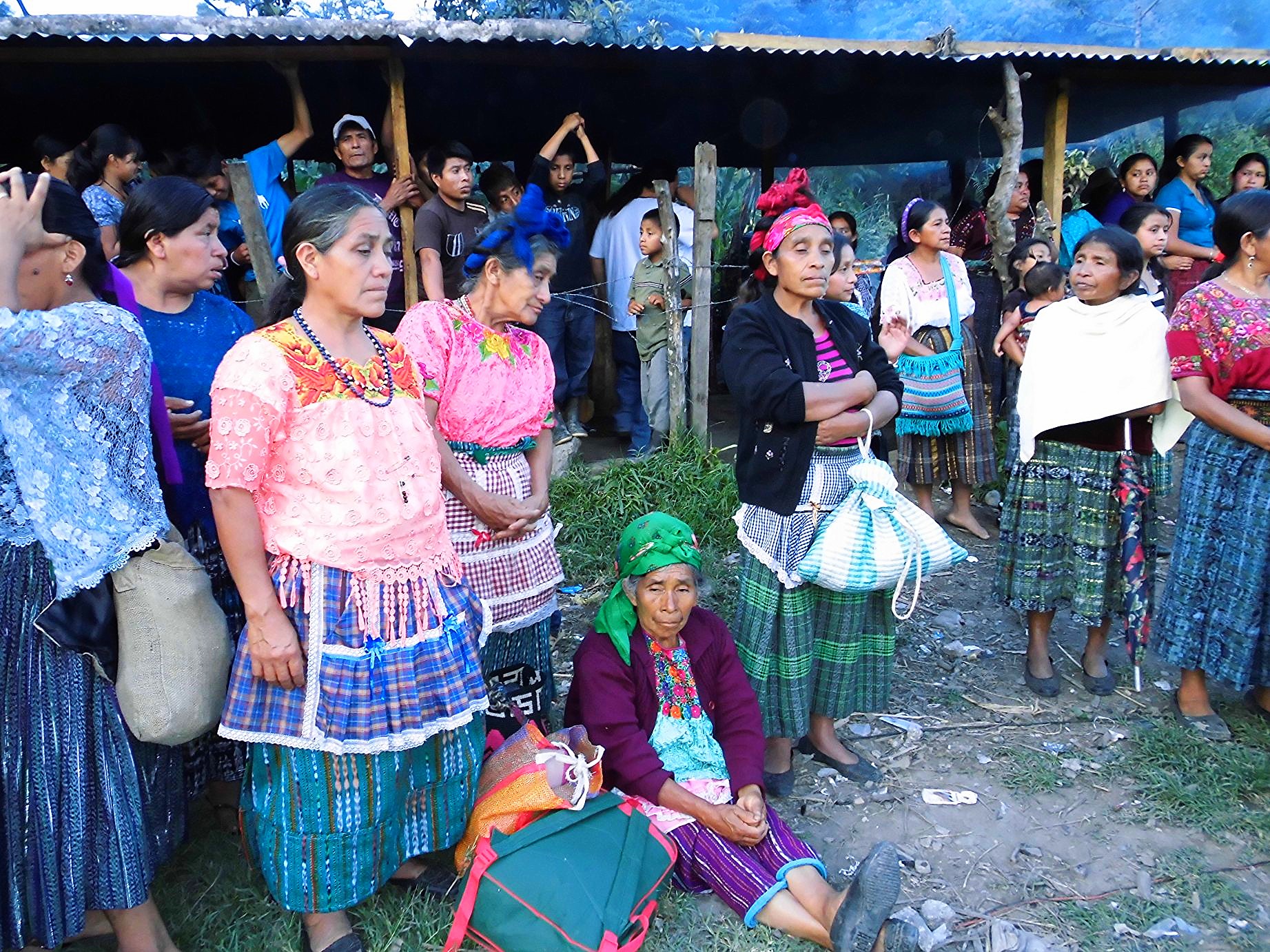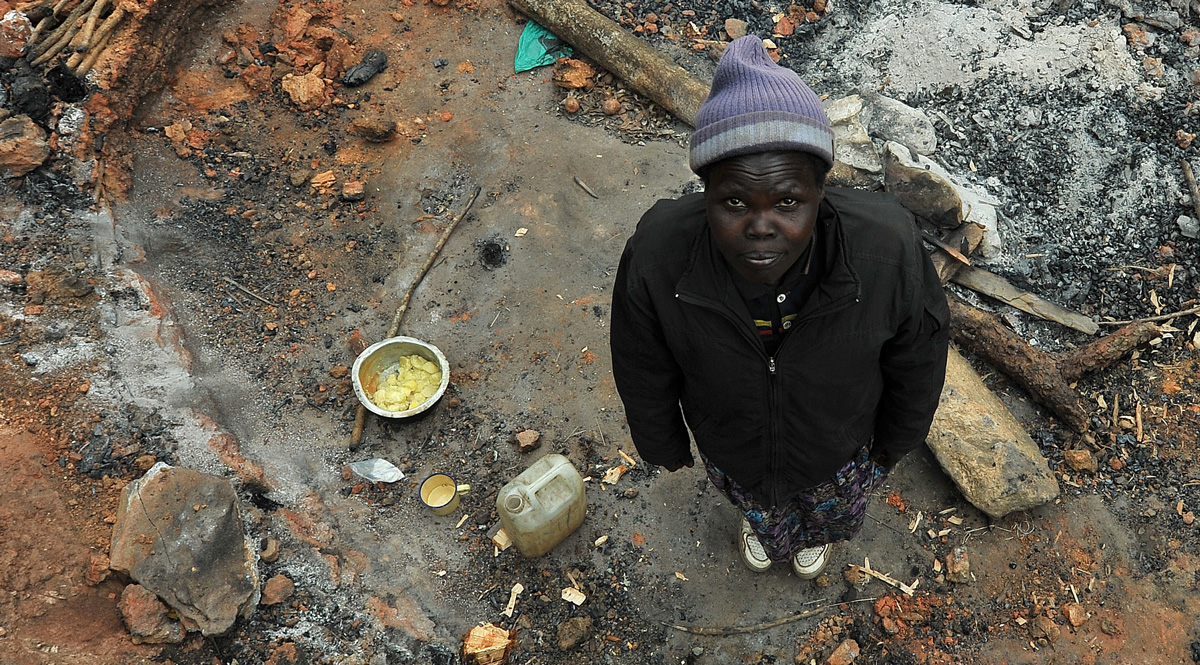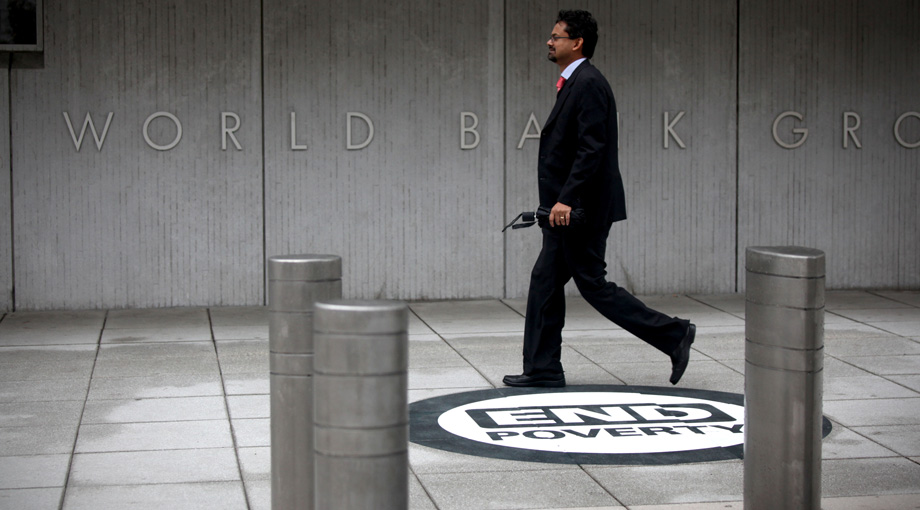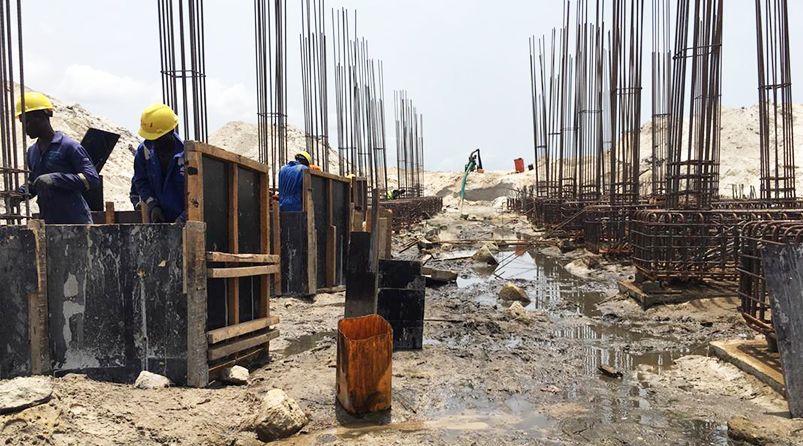Two impoverished communities, continents apart, are at the forefront of a historic fight to determine the level of immunity from lawsuits that international organizations can rely upon when development causes harm.
A U.S. Supreme Court ruling stripping the World Bank of absolute immunity has pitched the Indian fisherpeople and the Honduran palm oil workers into the legal limelight.
The court’s majority decision overturned a 74-year-old presumption that international financial institutions could not be sued when their development projects hurt local communities.
But key questions such as which types of development loans are now subject to lawsuits, and how strong the connection between wrongful activities and decisions made in the U.S. must be for a case to proceed, will be decided by lower U.S. courts.
“What happens really rests on pilot litigation,” said Diane Desierto, a professor of human rights law and global affairs at the University of Notre Dame in Indiana. “The battle is out there in district courts.”
As a result, the arguments put forth by the two marginalized communities, whose cases will be the first to test the limits of the new legal accountability imposed on development lenders, are now positioned to establish legal precedents that may remain in force for decades.
The groundbreaking Supreme Court case was decided on Feb. 27 in favor of Budha Ismail Jam, a member of a minority fishing community in Gujarat known as the Waghers.
For roughly 200 years, the Waghers had fished from makeshift settlements on the coastline of the Gulf of Kutch, about a hundred miles south of the India-Pakistan border.
But when one of India’s most powerful conglomerates, the Tata Group, received a loan from the World Bank’s private sector lending arm, the International Finance Corporation (IFC), to build a massive coal-fired power plant alongside the Wagher’s settlements, it reported that there were “no local fishing activities” in the waters near the plant. The project proceeded without counting the Waghers as a community that would be negatively affected by the plant and therefore entitled to compensation.
“Those people say there are no fisherfolk here,” Jam told the International Consortium of Investigative Journalists in 2015 for an investigation into the World Bank called Evicted and Abandoned. “There are a lot of us here.”
Several years after the coal plant began operating, a study commissioned by a local fishing association found it was discharging hot, polluted runoff water into the Gulf of Kutch, driving fish away from the Waghers’ fishing grounds and depleting their already precarious livelihoods.

The other case challenging the World Bank was brought by 17 Honduran farmers and their family members.
The plaintiffs allege that they or their deceased relatives were “shot, killed or terrorized” by the Dinant Corporation, a powerful Honduran company locked in a bitter land conflict with local communities over control of lucrative palm oil plantations. They charge that the IFC provided direct and indirect loans to Dinant as the company used “paramilitary death squads and private assassins” to target its opponents.
Dinant has forcefully denied the claims, describing the allegations as “blatant falsehoods” in a message to ICIJ at the time the suit was filed.
The World Bank Group, which told ICIJ that it would not comment on the current litigation, has previously acknowledged that it’s handling of the Dinant investment was flawed.
Both the Wagher fisherpeople and the Honduran farmers face additional legal challenges as they take on the World Bank separately in the U.S. district courts.
Even as it struck down the World Bank’s claims of blanket immunity, the Supreme Court did not resolve significant legal issues that will determine the outcomes of these cases.
Rulings that determine when communities can seek redress from the World Bank and other international lenders for alleged harm caused by development projects have broad implications.
Between 2004 and 2013, an estimated 3.4 million people were physically or economically displaced by World Bank-financed development projects, as revealed by ICIJ’s 2015 Evicted and Abandoned investigation. ICIJ discovered that the bank often failed to follow its own rules for resettling these communities and ensuring that they were protected from violent evictions and other human right abuses.
The road ahead for the World Bank
In an internal message to staff obtained by ICIJ, the World Bank vowed that it would not retreat from its development activities as the case played out in lower courts.
“This ruling will not affect our ability to deliver for clients and partner countries,” the bank wrote.
The Inter-American Development Bank, the other major lender affected by the ruling, said that it is assessing the decision but is “not currently making any changes to its activities.”
The lack of short-term responses underscores how much remains to be decided, as well as major caveats that the Supreme Court wrote into its ruling.

Chief Justice John Roberts, who authored the decision, wrote that it remained unclear which if any types of development loans counted as “commercial,” which is the category of activity by international organizations that are now subject to U.S. lawsuits. He also ruled that a lawsuit based on wrongful actions that occurred outside the U.S. may not have a sufficiently strong connection to the U.S., or to U.S.-based commercial activities, to be admissible in U.S. courts.
Desierto, the human rights law professor at Notre Dame, said the IFC would likely argue its loans were not commercial, or not sufficiently linked to the U.S., to seek dismissal of the communities’ claims.
“The pressure is there for the pilot or test litigation to craft the claims in a way that gets around these caveats that were laid by the Supreme Court,” Desierto said.
Both cases will return to U.S. district courts this spring, with the Jam case to be heard in Washington D.C. and the Dinant case in Delaware. It will likely take years until final decisions are reached that could result in compensation for the communities.
Nadia Daar, the director of the Washington D.C. office of Oxfam and an advocate for communities that bring claims against the bank, said these real-world consequences are too often lost in discussions about policy.
“We’re all here in Washington thinking about the global implications, but this all stems from one community in India that is still waiting to have their livelihoods restored,” Daar said.
